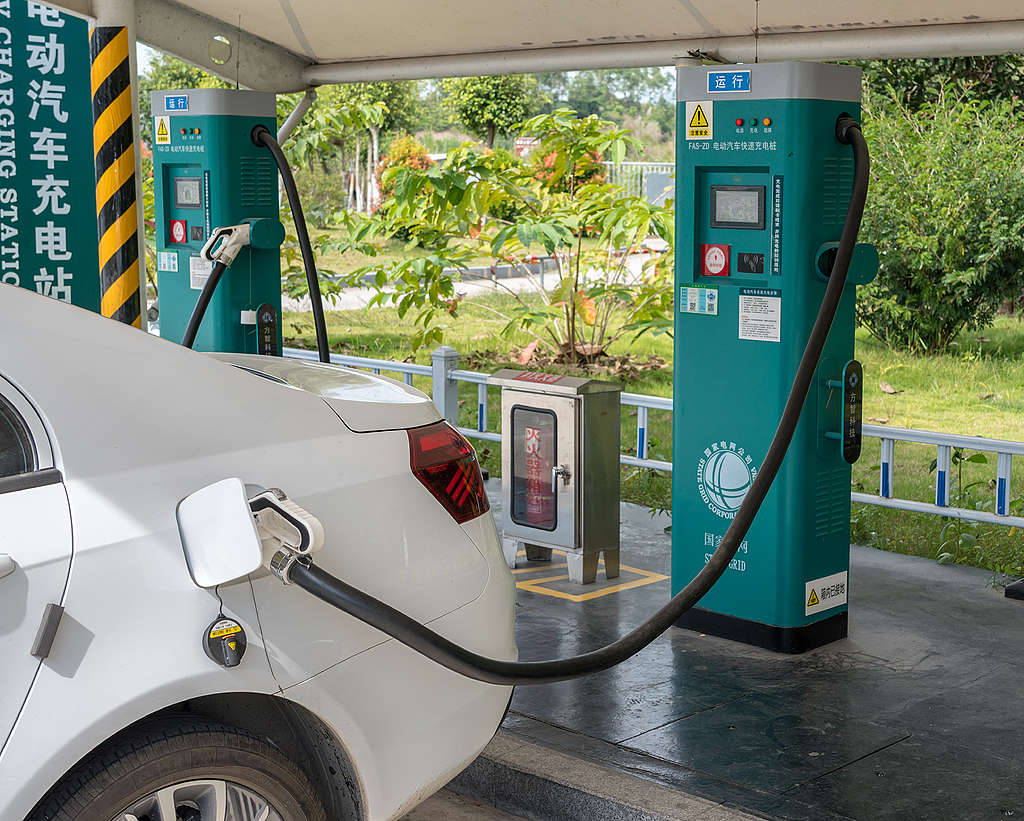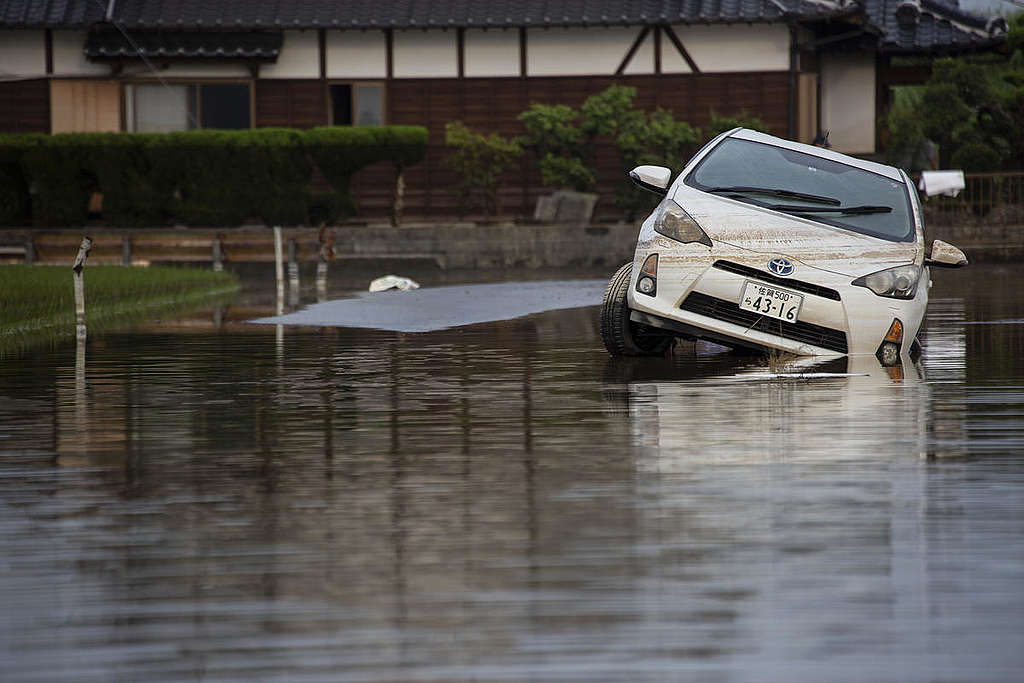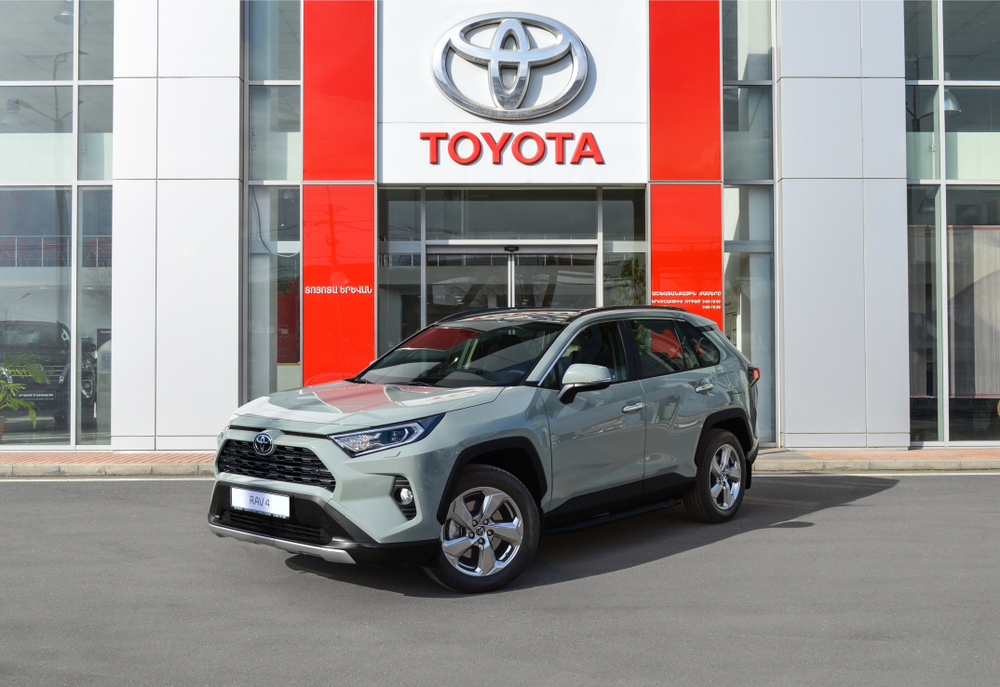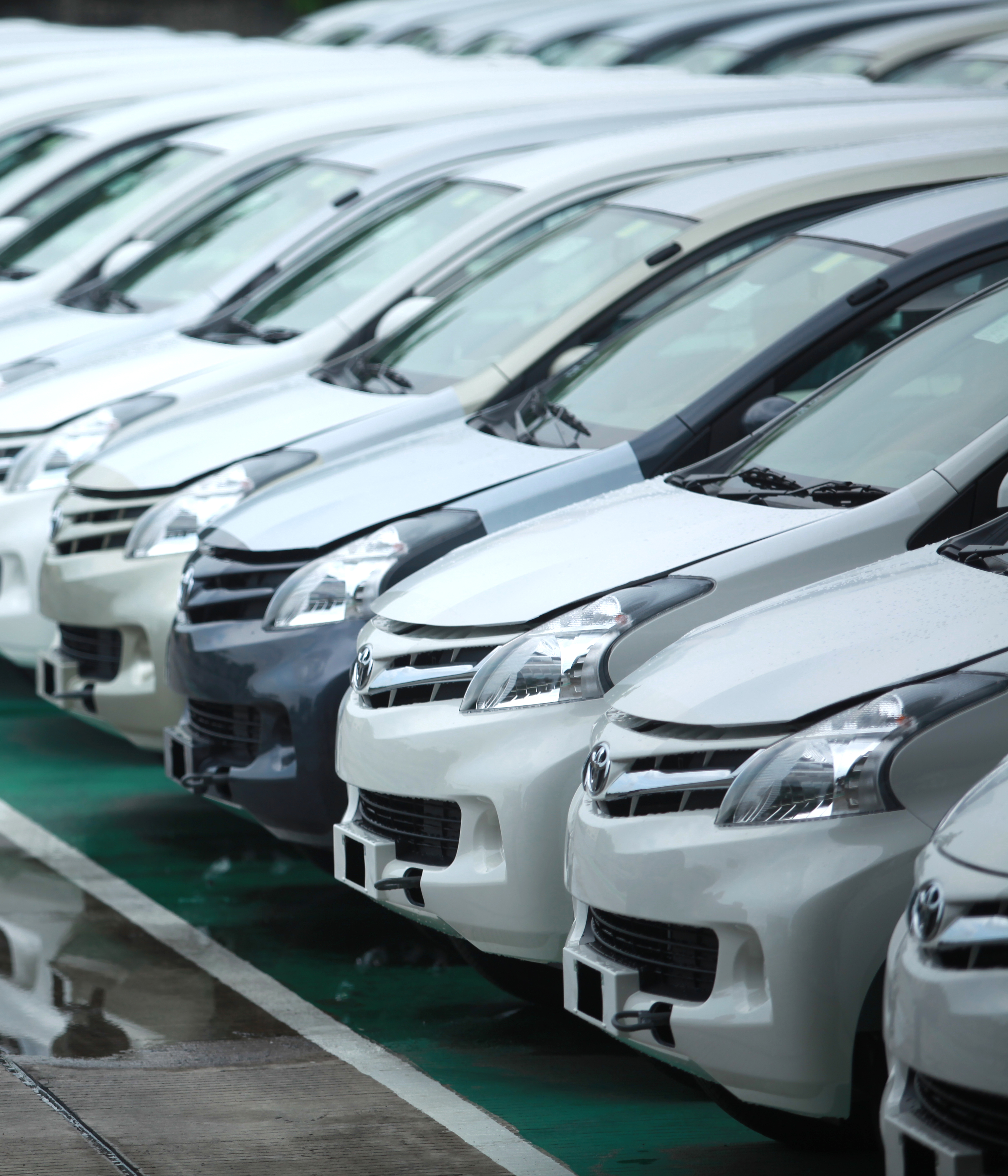Countries worldwide are strengthening vehicle emission regulations. In the US, the IRA incentivizes EV sales, and the EPA aims for ⅔ of new cars to be electric by 2032. In Europe, a ban on new fossil fuel car sales is set for 2035. In China, homegrown EV brands like BYD are outpacing foreign automakers, with an expected 70% of vehicles being “new energy vehicles” (NEVs) by 2030. Toyota investors have voiced concerns, urging more ambitious climate actions. As Toyota enters a new era with a change in CEO, the question arises: Will Koji Sato demonstrate the necessary leadership in this evolving world?

- Worldwide investors and advisory agencies have spoken up to urge Toyota to take climate action
At the 119th annual general meeting of shareholders, a resolution jointly filed by Kapitalforeningen MP Invest, Storebrand Asset Management AS, and APG Asset Management N.V. has ignited a crucial discussion about the need for transparency in addressing climate risks. The resolution calls for Toyota to disclose its climate change-related lobbying activities and prepare a comprehensive report that assesses the company’s engagement with climate policies and regulations.
Soon after, proxy adviser Institutional Shareholder Services backed this Toyota shareholder proposal on climate disclosure. Moreover, proxy adviser Glass Lewis has recommended that Toyota’s shareholders vote against the re-election of Chairman Akio Toyoda as a board director at an upcoming meeting, citing his responsibility for the lack of a sufficiently independent board.
On June 2nd, news broke out that two of the largest U.S. public pension systems have voted against the reelection of Toyota Motor Chairman Akio Toyoda. The California Public Employees’ Retirement System (CalPERS) and the Office of the New York City Comptroller both also voted for the resolution urging Toyota to improve disclosure of its lobbying on climate change.
Waves of shareholder action have highlighted growing concerns regarding Toyota’s negative climate lobbying and the former CEO’s retained control that hinders the transition efforts to EVs.
- Toyota being left behind in major markets–US, Europe and China
US
The US is experiencing a significant shift towards electric vehicles (EVs), with EV sales already passing the so-called “tipping point” of 5% of total sales, reaching 7.1% of new vehicle registrations by January 2023. However, during the same period, Toyota’s market share has been declining, signaling a challenging outlook for the company. Government policies and tax incentives are driving the push for EV adoption, with the Biden administration targeting a 50% EV sales share by 2030.
Meanwhile, other automakers are investing heavily in EV and battery production, while tightening environmental regulations pose additional challenges for Toyota. Despite currently holding the largest market share in California, negative growth and increased competition indicate a tough road ahead for Toyota in the US market.
Europe
Europe has been at the forefront of electric vehicle (EV) sales, witnessing substantial growth and embracing progressive regulations. Notably, petrol and diesel vehicles accounted for just 52.8% of new registrations in 2022, with hybrid growth slowing and battery electric vehicles (BEVs) experiencing a significant increase of 29.3% on the previous year.
Daimler’s EV-centric strategy and Volkswagen’s emphasis on BEVs position them for strong growth and leadership in the EV market. In contrast, Toyota plans to introduce 10 BEV models in Europe by 2025, but currently only offers the bZ4X, with modest sales in 2022. As EV sales soar across Europe, with Norway at 79.3%, the UK at 16.5%, and Germany at 17.7%, Toyota faces formidable challenges in the region.
China
With approximately 25.6% of passenger vehicle sales in China being EVs in 2022, Toyota’s market share is projected to decline by 3-6% by 2030, according to Greenpeace East Asia research. Meanwhile, domestic EV manufacturer BYD is expected to gain 5% market share during the same period.
The shift towards EVs in China raises concerns about stranded assets for Toyota, as the demand for internal combustion engine (ICE) vehicles diminishes. By 2030, if 70% of vehicles in China are “new energy vehicles” (NEVs), Toyota’s utilization rate of its ICE capacity is estimated to be only 44.1%, leaving a significant portion of their capacity unused.

The growing dominance of Chinese manufacturers in the market, as evidenced by BYD’s rise to become the most popular carmaker in China, suggests that Toyota and other foreign automakers may miss out on capitalizing on the expanding EV market, potentially leaving them with underutilized assets.
- The financial risk inflamed by the climate crisis
The connection between climate risk and financial risk is becoming more evident. Former Bank of England governor and UN climate envoy Mark Carney emphasized the need for companies to disclose climate-related risks. Physical risks from climate change can significantly devalue assets, potentially leaving them stranded. On the other hand some studies suggest that the shift to electric vehicles could bring in an additional 30% revenue ($2.5 trillion) by 2030.
However, research shows that even in a 2°C global warming scenario, about 80% of fossil fuels could become stranded assets, primarily impacting private investors. Greenpeace research released in 2022 found that major automakers like VW, Toyota, Hyundai-Kia, and GM are projected to exceed the number of vehicles that can be sold under the 1.5°C warming limit, leading to millions of unsellable vehicles.
The urgency to decarbonize carbon-intensive industries has grown due to the financial and physical risks posed by climate change. Toyota, for instance, faces a high risk of physical damage from climate change, with 90% of their facilities vulnerable to climate-related harm, according to a 2022 study by Greenpeace of Moody’s ESG Solutions data. This risk became evident during China’s heatwaves in August 2022, causing widespread blackouts and forcing manufacturers, including Toyota, to halt operations.

Despite these mounting risks, Toyota’s disclosures on climate-related financial risks remain insufficient, highlighting the need for greater transparency and action.
What can investors do to help?
Toyota is a global powerhouse in the automotive industry. They often claim to prioritize meeting consumers’ varied vehicle needs, but the truth is that customers want options that won’t compromise our planet’s well-being.
It’s time for investors to step up and engage directly with Toyota. Demand concrete measures that will mitigate the risks posed by their current strategies, which are out of sync with the Paris Agreement—an agreement crucial for safeguarding our climate. Stand with us by voting for the proposal presented by Kapitalforeningen and other like-minded individuals at the upcoming 2023 annual general shareholders meeting, and raise our voices not only to Toyota but also to the wider public.
- Phase out fossil fuel vehicles by 2030.
- Decarbonize the supply chain.
- Embrace recycling and reuse.
- Ensure a just transition for workers.
- Shift to zero-emission mobility services.
To view a full document of our investors’ briefing, please click here.
References:
Toyota: Opinion of the Board of Directors on the Shareholder Proposal
Reuters: ISS backs Toyota shareholder proposal on climate disclosure
Reuters: Glass Lewis recommends investors vote against Toyota chairman
Nikkei Asia: California, New York pensions vote against Toyota chief reelection
Bloomberg: US Crosses the Electric-Car Tipping Point for Mass Adoption
Insideevs: All-Electric Car Sales Surged In January 2023 – 7% Market Share
The White House: President Biden Announces Steps to Drive American Leadership Forward on Clean Cars and Trucks
ACEA: Fuel types of new cars: battery electric 12.1%, hybrid 22.6% and petrol 36.4% market share full-year 2022
Kepler Cheuvreux: Climate change scenarios–risks and opportunities
Toyota: Battery Electric Vehicles
OFV: Bilsalget i desember og hele 2022
SMMT: Chip crisis subdues new car market but EVs now second only to petrol
KBA: Fahrzeugzulassungen im Dezember 2022 – Jahresbilanz
Marklines: Automotive sales in china by month 2022
Greenpeace East Asia: Foreign automakers on track to lose market share in China due to slow shift to EVs
Reuters: Carney backs call for climate risk to be baked into company financial accounts
OECD: Financial Markets and Climate Transition
|UBS: Stranded Assets–What lies beneath
Greenpeace: The Internal Combustion Engine Bubble
Greenpeace: Toyota, Honda Top List of Carmakers Facing Climate-Change Risks
Nikkei Asia: Chongqing orders factories to shut to save power during heat wave


